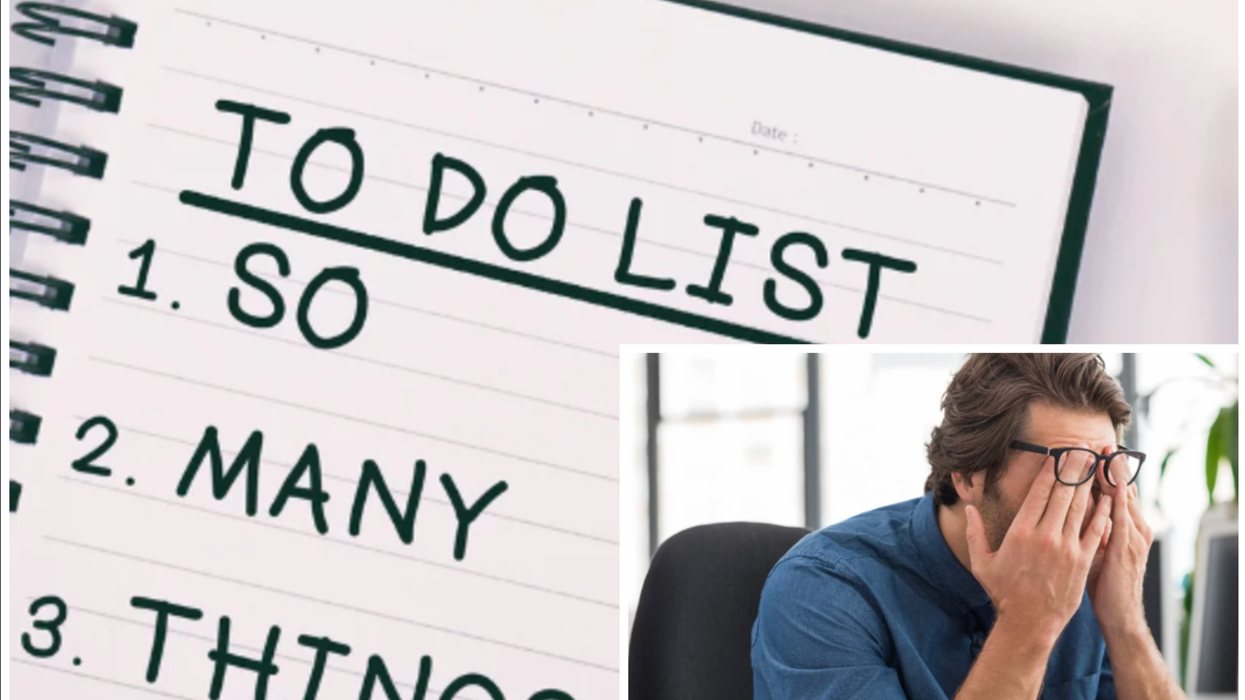You accomplished something, made a witty remark, or just wore a nice shirt and here it comes: a compliment. You feel weird about it. You might not even know why, but here you are already deflecting the nice thing someone said about you. There has to be a better reaction, right? You don’t want to hurt feelings or anything, but accepting the compliment outright might feel…well, off.
Experts and therapists wouldn’t blame you. While it’s common courtesy to accept the compliment, there may be several valid reasons why it just doesn’t sit right with you. If that’s the case, there are some proper responses to compliments depending on what was said and the situation.
@gigi_leflair I cant just take the compliment & go & i dont know why #selfdoubtistheworst #compliments #unneccessaryanxiety #gigileflair
A compliment based on appearance or what could be perceived as a stereotypical trait or a micro transgression can make you feel weird or activate poor self-esteem even if the person giving the compliment didn’t mean anything negative about it. Some broad examples of this would include complimenting a Black person for being “articulate” or admiring a woman’s body. If this type of situation has happened to you and you interact with the compliment-giver regularly, you may want to pull them aside and tell them that while their intentions were friendly, compliments about your sex, appearance, and the like don’t reflect that positive intention.
But what if the compliment isn’t about your appearance? What if someone says “Nice hit!” at a home run you made during softball or “That was a great presentation” at work? You did do a good job, so why does it still feel weird when someone acknowledges it? Well, it could be because the compliment unintentionally makes you feel pressure and anxiety to meet that expectation all of the time (“I have to score a home run every time now? Gulp!”) or that you are uncomfortable being the center of attention (“I hope I didn’t do so well that I have to do presentations every month now.”).
@genemeyerlol #fyp #foryou #foryoupage #foryourpage #xyzbca #mentalhealth #mentalhealthmatters #therapy #anxiety #anxious #funny #haha #lol #lmao #friends #selfcare
What about the compliments that are harmless? Why do some people (maybe including yourself) make a self-deprecating joke like, “Don’t look in my closet, haha” when someone remarks about how clean your home looks? Why does a person comment, “Oh, it’s just a good idiot-proof recipe” when someone praises their cooking? Why can’t you just accept a banal compliment like, “Nice shirt”? Well, if it isn’t due to past trauma, it could be because you’re just American.
“In the U.S., we are taught to be very humble and honestly conservative,” said Emmalee Bierly, a licensed marriage and family therapist. “Like, the country started absolutely puritanical.”
@vinsvisionbtw A simple compliment goes a long way 🤍 #pov #fyp #confidence #positivevibes #social #positivity #hopecore
Given how some of America’s roots came from literal Puritans, it’s not a surprise that people in the U.S., women especially, have trouble accepting praise due to the fact that they still value modesty and don't want to come off as arrogant by merely agreeing with the compliment. We may be stereotypically loud and brash, but accepting compliments tends to clam us up culturally as an aftershock from those original strict viewpoints.
So what’s the best response to a compliment, even if you don’t agree with it? While there are certain situations in which you may need to gently correct the compliment-giver, the majority of the time the best response to a compliment is simply, “Thank you.” Saying thanks to a compliment doesn’t brush it off and allows the compliment-giver to know that their intention was appreciated. Framing it in this way is saying, “This is what this person believes to be true and they have a right to that opinion” rather than relying on your self-perception and self-assessment to make it true to yourself.
@karolinageits that reaction 😍
Saying "thank you" to compliments is also shown to have a more positive effect on your life. You either don’t let the compliment impact you or you’ll eventually accept it as truth to boost your self-esteem and confidence over time. While other people’s views can only impact your self-worth so much, getting positive feedback helps increase it to make you feel good and accepted. This is generally the whole point of a compliment in the first place.
So, if you’re a person who’s bad with compliments, do your best to say thanks and move on when it’s applicable. It’ll make the compliment-giver feel validated while either boosting you or allowing you to move on to a different topic of conversation depending on where your head is.



















 Amoxicillin is a commonly prescribed broad-spectrum antibiotic.
Amoxicillin is a commonly prescribed broad-spectrum antibiotic.  Chart: The Conversation, CC-BY-ND
Chart: The Conversation, CC-BY-ND
 Counterintuitively, social media can make you feel more bored and lonely.
Counterintuitively, social media can make you feel more bored and lonely. Talking about what you’ve read can add a social dimension to what can be a solitary activity.
Talking about what you’ve read can add a social dimension to what can be a solitary activity. 
 Women and people of color who experience cardiac arrest are less likely to receive CPR.
Women and people of color who experience cardiac arrest are less likely to receive CPR.

 Mushrooms containing psilocybin.Photo credit:
Mushrooms containing psilocybin.Photo credit:  Woman undergoing cancer treatments looks out the window.Photo credit:
Woman undergoing cancer treatments looks out the window.Photo credit:  Friend and patient on a walk.Photo credit:
Friend and patient on a walk.Photo credit: 
